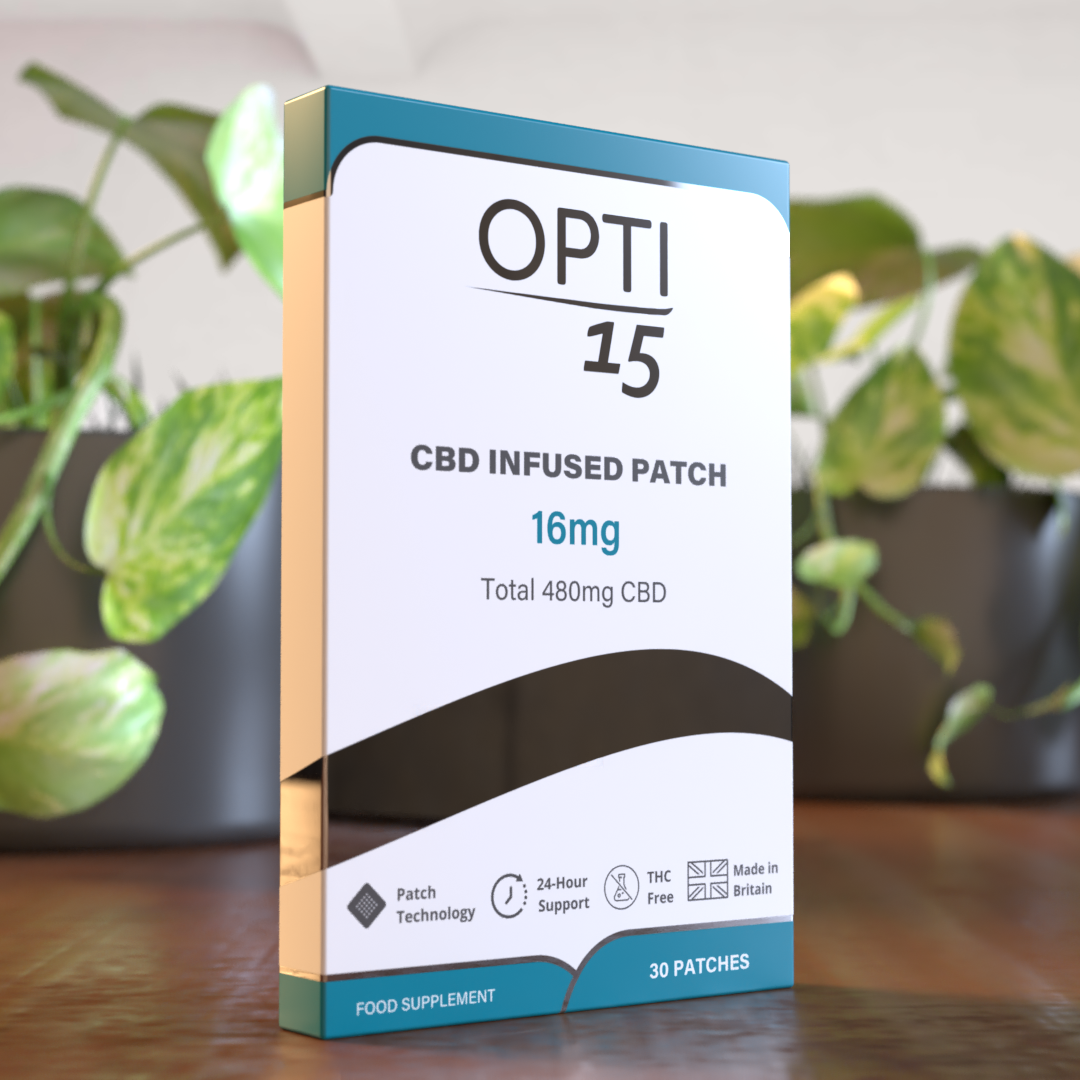What is Vitamin D & How It Boosts Your Health

Vitamin D is a fat-soluble mineral that is found in some foods and can also be produced by the body when ultraviolet (UV) rays from the sun hit the skin. The body uses the UV rays to make its own Vitamin D, through synthesis. In this blog post, we will discover what the benefits of Vitamin D are, how we can incorporate it into our daily lives and how supplements can play a key role in ensuring we have adequate Vitamin D levels.
What Are The Benefits of Vitamin D?
1. Bone Health
Vitamin D works in a number of ways to improve bone health and strengthen our bones. Two essential minerals needed for good bone health are calcium and phosphorus, and Vitamin D works to help the body absorb calcium from food in the digestive tract into the bloodstream. It also works on bone mineralisation, ensuring that bone cells receive the minerals it needs to maintain health bones.
Through a natural process calling bone remodelling, bone tissue is constantly broken down and rebuilt. Vitamin D helps support the proper functioning of the cells that build bones and the cells that break down bones. Ensuring we have adequate levels of Vitamin D also helps reduce the risk of osteoporosis, a condition where bones become fragile due to low bone mineral density. This condition can increase the risk of fragility fractures.
2. Immune System Support
As well as working on maintain good bone health, Vitamin D also provides a vital role in supporting the immune system. It helps regulate the immune response by reducing inflammation, which in term could reduce the risk of autoimmune diseases. Vitamin D also boosts immune cell function, by binding onto receptors that are found on immune cells and helping the immune cells to respond more effectively to infections. Furthermore, Vitamin D has a role in the production of cells that fight off harmful pathogens such as bacteria and viruses.
3. Mood Regulation and Mental Health
Vitamin D influences a neurotransmitter in the brain, called serotonin, whose function is to regulate mood and cognition. Low serotonin levels can be associated with mood disorders such as depression, and thus adequate Vitamin D levels may help improve this. Studies have also shown that low Vitamin D levels can lead to an increased risk of depression and anxiety. Vitamin D may also be involved in processes in the brain that improve cognition, memory, and neuroprotection. Maintaining adequate levels of Vitamin d may potentially reduce the risk of cognitive decline.

How Can We Incorporate Vitamin-D into Our Lifestyle?
There are not many foods that are a rich source of Vitamin D, which can make it difficult to get an adequate level through diet alone. Fatty fish such as trout, salmon, tuna and mackerel, as well as fish liver oils are some of the best sources of Vitamin D. Other sources are beef liver, egg yolks and cheese. Sun exposure is another way to get Vitamin D, as the body uses UV rays from sunlight to synthesis Vitamin D. However, there are several factors that may hinder Vitamin D production this way, such as the season of the year, the time of day, cloud cover, skin melanin content and sunscreen.
Furthermore, despite the sun playing a crucial role in Vitamin D synthesis, we need to be mindful of UV radiation being a carcinogen and potentially leading to skin cancer. All these factors make getting Vitamin D from sunlight difficult. Despite the challenges of getting adequate Vitamin D from diet and sunlight, there is another way of maintaining good levels: supplements. Oral Vitamin D supplements can provide a convenient, hassle-free way of ensuring that you meet the necessary Vitamin D intake. Supplements can be taken every day alongside your normal diet and can really help boost your Vitamin D levels so that you can help promote all the health benefits discussed.
Why Are Supplements Needed?
Getting enough vitamin D naturally isn't always easy, especially for certain groups of people. There are several reasons as to why these groups could benefit from Vitamin D supplements. People living in locations with reduced hours of sunshine, such as more northern regions or cloudy climates, often will have measurably lower Vitamin D levels. In areas like these, especially over the winter months, sunlight is weaker or reduced which makes it difficult to get sufficient amounts naturally. Some individuals with darker skin tones may also need a boost to their Vitamin D levels with supplementation. Darker skin contains more melanin, which acts as a protective mechanism against sunburn.
It also has the effect of reducing the skin’s natural ability to create Vitamin D from sunlight. Therefore, people who have these skin tones would typically need longer exposure to sunlight to produce the same amount of Vitamin D as those individuals with lighter skin. Older people are another group who would benefit from Vitamin D supplements. As part of normal ageing, our skin loses some of its ability to make vitamin D efficiently over time. Older adults also usually tend to spend less time outdoors, also reducing their sunlight exposure. Lastly, dietary restrictions such as vegan or vegetarian diets, can limit Vitamin D intake because many natural dietary sources of vitamin D are animal-based, such as fish, eggs, and fortified dairy products. Plant-based diets might not provide enough Vitamin D, so supplementation becomes important to maintain adequate levels.
Conclusion
Vitamin D has a crucial role in maintaining a range of health benefits, such as healthy bones, good immune system support and mood regulation. Although it can be difficult to obtain adequate levels through diet and sunlight exposure, Vitamin D supplements are an easy and effective way to maintain these levels and ensure that you can enjoy the range of health benefits it brings.


